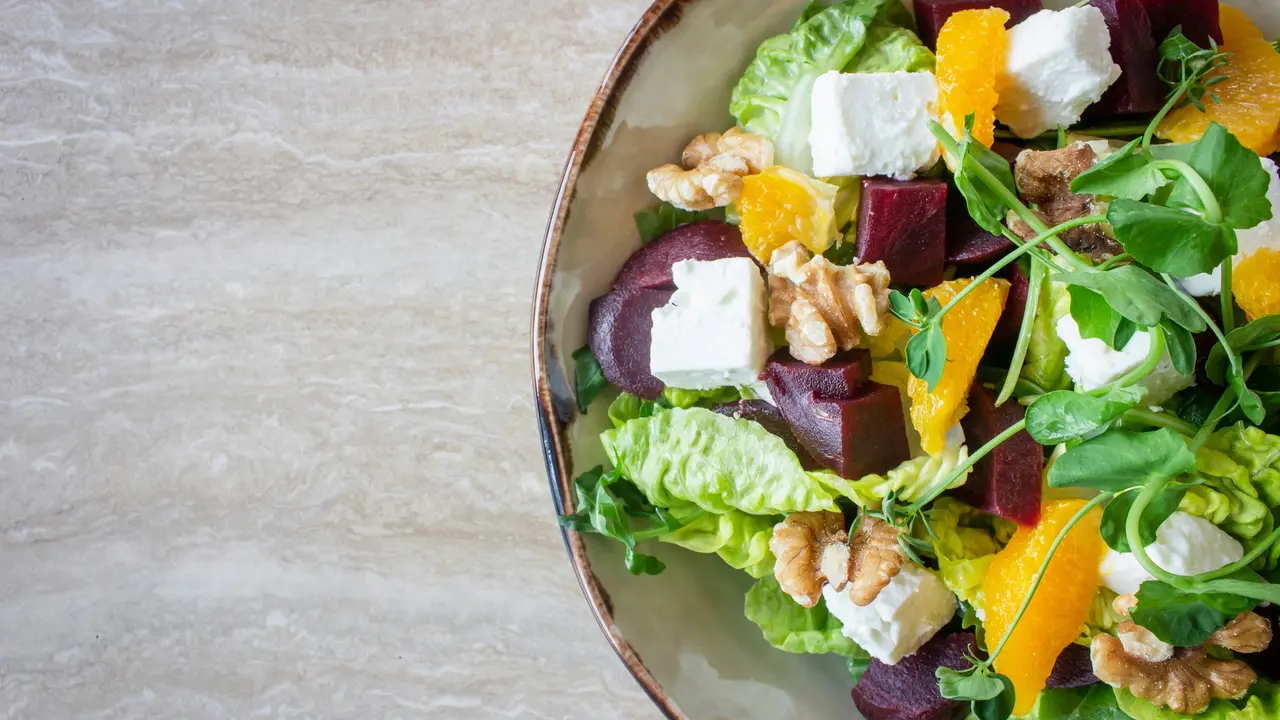Have you ever wondered how much sugar in a blueberry muffin impacts your health? These delicious baked goods are beloved by many, but they may contain more sugar than you think. In this article, we’ll explore the surprising truth behind the sugar content in blueberry muffins, helping you make informed choices the next time you satisfy your sweet tooth.
Understanding Sugar Content: How Much Sugar in a Blueberry Muffin?
The Average Sugar Content in Blueberry Muffins
When it comes to blueberry muffins, sugar content can vary significantly based on recipe and portion size. On average, a standard homemade blueberry muffin contains between 10 to 20 grams of sugar. However, store-bought varieties can have even higher sugar levels, sometimes exceeding 30 grams per muffin. It’s crucial to read the nutritional labels if you’re watching your sugar intake.
Factors Influencing Sugar Levels in Blueberry Muffins
Several factors can contribute to the sugar content of a blueberry muffin, including:
- Recipe Variations: Different recipes call for varying amounts of sugar, flour types, and additional sweet ingredients.
- Serving Size: Muffins sold in bakeries often have larger serving sizes, significantly increasing the sugar content.
- Brand Differences: Different brands may use sweeteners or additional fillers that also contribute to higher sugar levels.
Health Implications of Sugar in Blueberry Muffins
Understanding Daily Sugar Recommendations
The American Heart Association recommends that women limit added sugar intake to 6 teaspoons (25 grams) per day and men to 9 teaspoons (38 grams) per day. If you enjoy a blueberry muffin as part of your breakfast, it’s essential to consider how it fits into your daily sugar allowance.
Potential Health Risks of Excess Sugar Consumption
Consuming too much sugar, including that found in blueberry muffins, can lead to several health risks, such as:
- Weight Gain: Excessive sugar consumption contributes to weight gain and obesity.
- Heart Disease: High sugar intake is linked to an increased risk of heart disease.
- Diabetes: Consistent high sugar levels can lead to insulin resistance and diabetes.
Ways to Reduce Sugar in Blueberry Muffins
Choosing Lower Sugar Options
To enjoy blueberry muffins while being mindful of sugar intake, consider the following tips:
- Make Your Own: Homemade muffins allow control over sugar levels. Use natural sweeteners like honey or maple syrup.
- Check Labels: When buying muffins, always check labels for sugar content, or opt for brands that offer reduced-sugar varieties.
- Portion Control: Enjoy smaller servings or share a muffin to reduce overall sugar consumption.
Using Alternative Ingredients
Substituting some ingredients can also lower sugar content without sacrificing taste. Consider these alternatives:
- Whole Wheat Flour: This adds fiber and may enhance the muffin’s flavor.
- Fruit Purees: Applesauce or mashed bananas can act as natural sweeteners and moisture enhancers.
- Adding Nuts: Incorporating nuts can provide a satisfying crunch, potentially reducing the desire for additional sugar.
Final Thoughts on How Much Sugar in a Blueberry Muffin
In conclusion, understanding how much sugar in a blueberry muffin is key to making healthier choices. While these treats can be delicious and satisfying, being aware of their sugar content can help you maintain a balanced diet. Whether you choose to make your own muffins or enjoy a store-bought variety, always pay attention to the sugar levels. Don’t hesitate to share this information with friends or explore our other articles for more tips on healthy eating!
Sugar – Recent Articles
- Is Minute Maid Zero Sugar Healthy? Discover the Truth!
- Is Sugar a Compound or Mixture? Discover the Sweet Truth!
- Is Sugar Dissolving in Water a Chemical Change? Find Out!
- How to Make Glaze Icing Without Powdered Sugar: Easy Tips!
- Do I Have to Take the Sugar Pills in Birth Control?
Sugar – Useful Links
- DC – Get the Facts: Added Sugars
- American Heart Association – Added Sugars
- Harvard T.H. Chan – Added Sugar in the Diet
- MedlinePlus – Sweeteners – sugars
- NIDDK – Healthy Living with Diabetes
